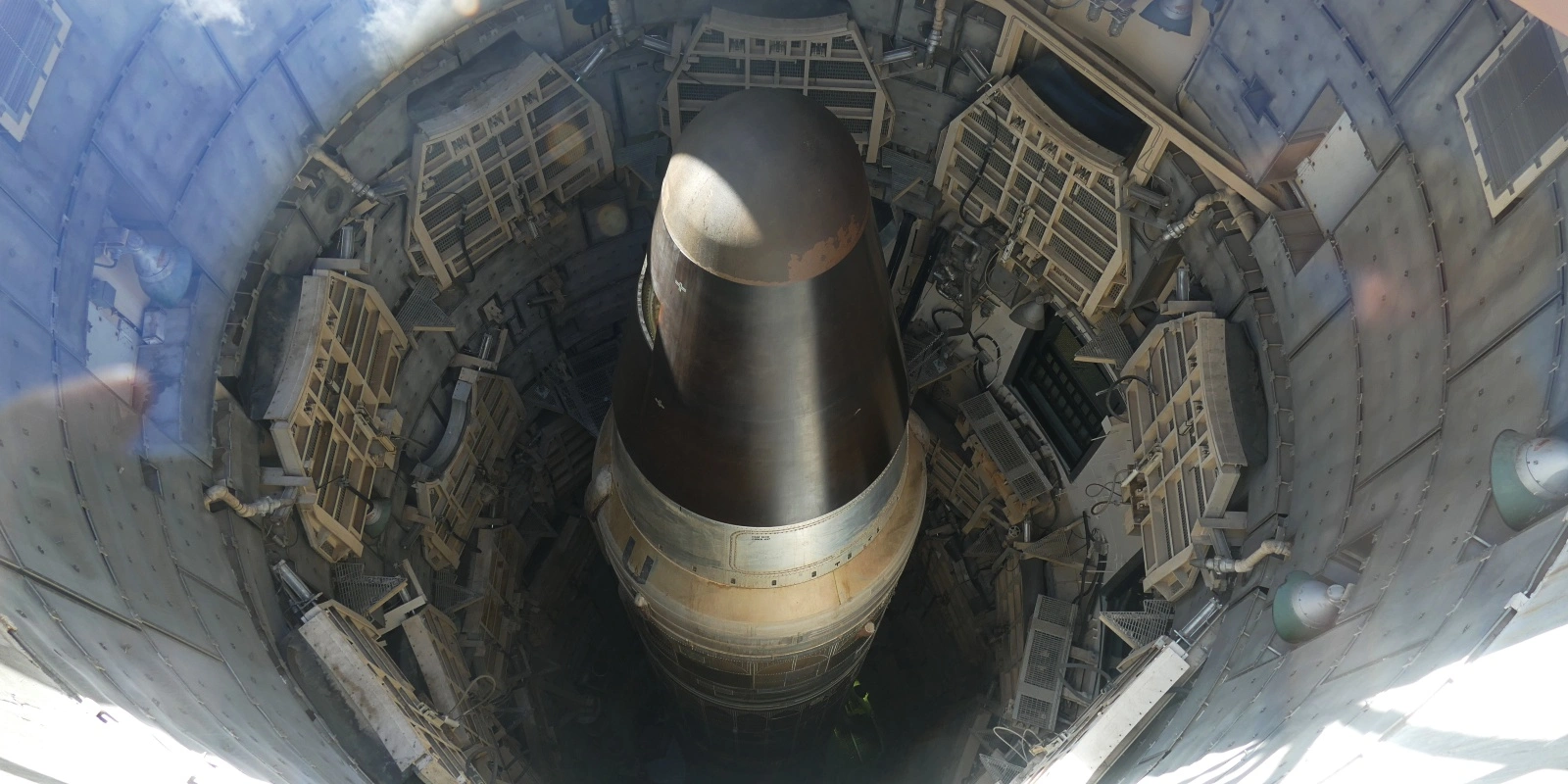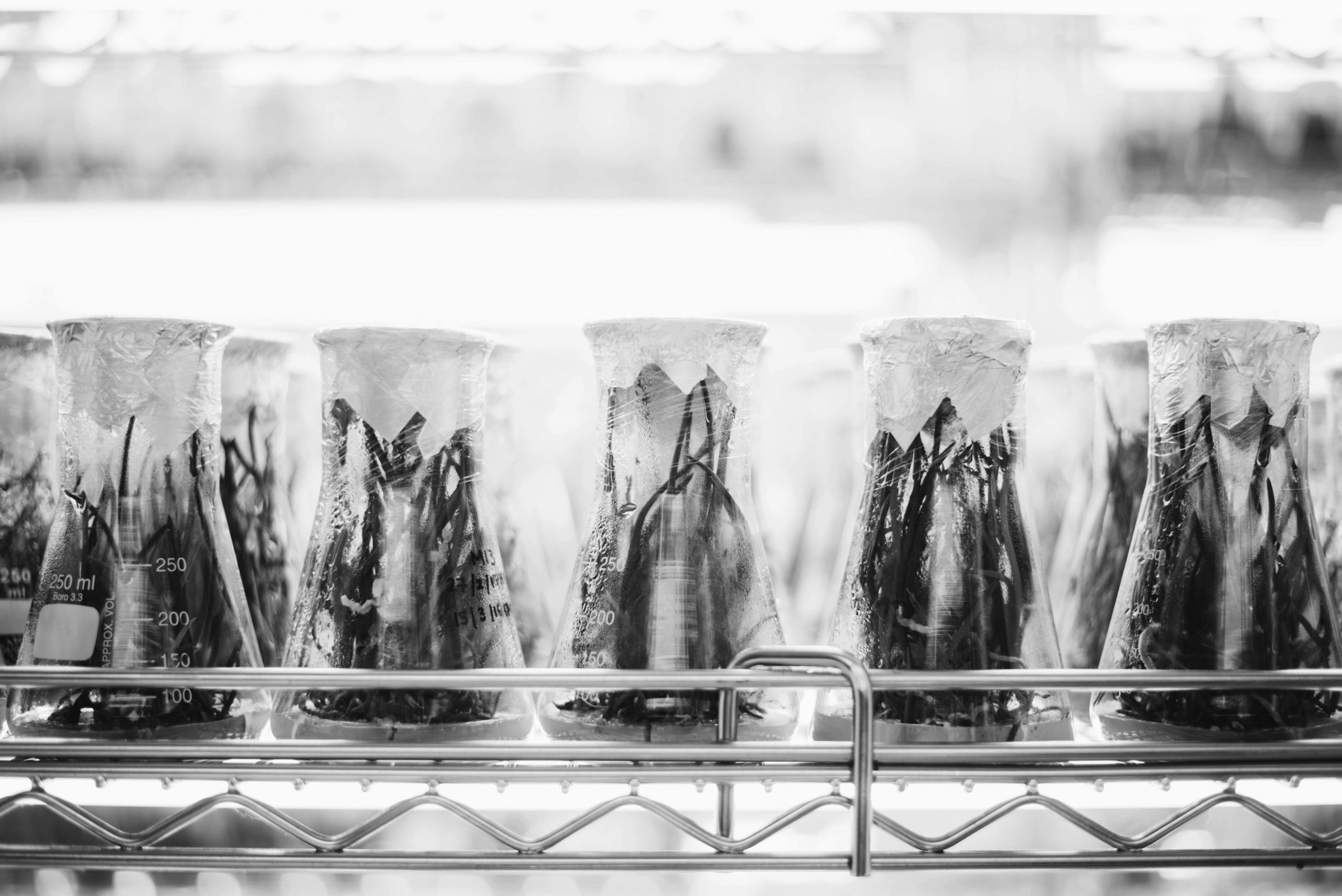
“We really wanted a range of perspectives – specifically from voices that have been traditionally left out of the conversation”
Understanding the implications of climate change in agriculture and forestry is crucial for our nation to forge ahead with effective strategies and outcomes.
In the quest for sustainable energy and materials, biomass emerges as a key player, bridging the gap between the energy sector and the burgeoning U.S. and regional bioeconomies.
In the last decade, the U.S. has made significant investments to address the wildfire crisis, including the historic investments in hazardous fuels reduction through the IRA and IIJA.
National extreme heat resilience requires a “whole of government” federal approach. Here are 18 policy ideas to inspire and inform federal action to tackle our increasingly hot and devastating summers.
Science holds the greatest benefit for society when its process is open, its methods are transparent, and its outputs are accessible. To achieve and sustain a scientific enterprise that is truly open, we need your help.
We’re looking for recommendations that enable safe implementation and governance of AI in the biosciences.
We’re looking for policy ideas to advance science, technology, and innovation to deliver dramatic progress and build a more inclusive America.
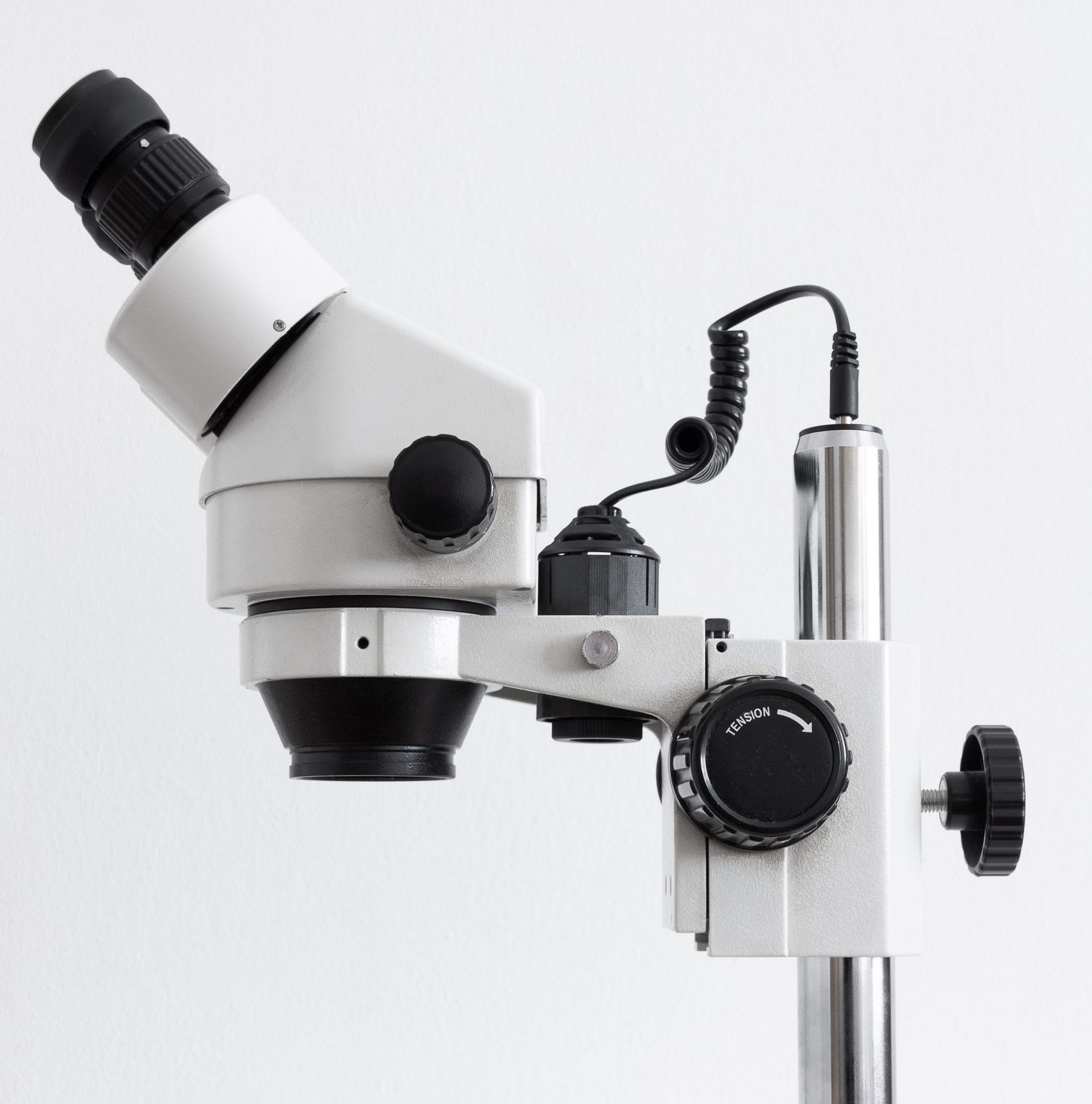
The U.S. bioeconomy is growing rapidly, innovation is needed to sustain and maintain this growth. Shaping policy to consider workforce development, advanced agriculture, bioindustrial and biotech sectors will be imperative to keep the needle moving forward.
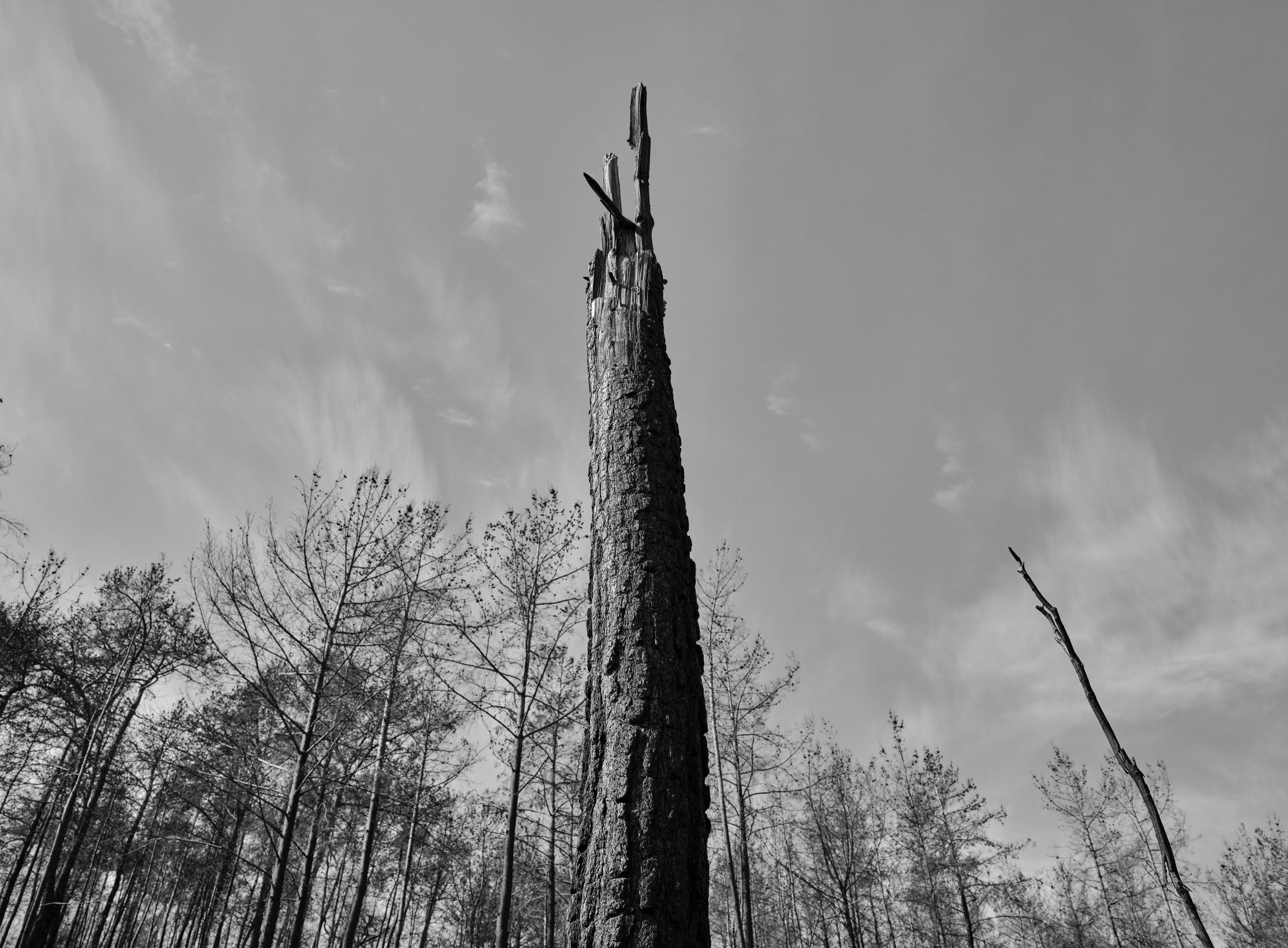
The U.S. is experiencing more frequent and intense wildland fires, but policy informed by science, evidence, and Indigenous perspectives can lessen the disastrous effects.
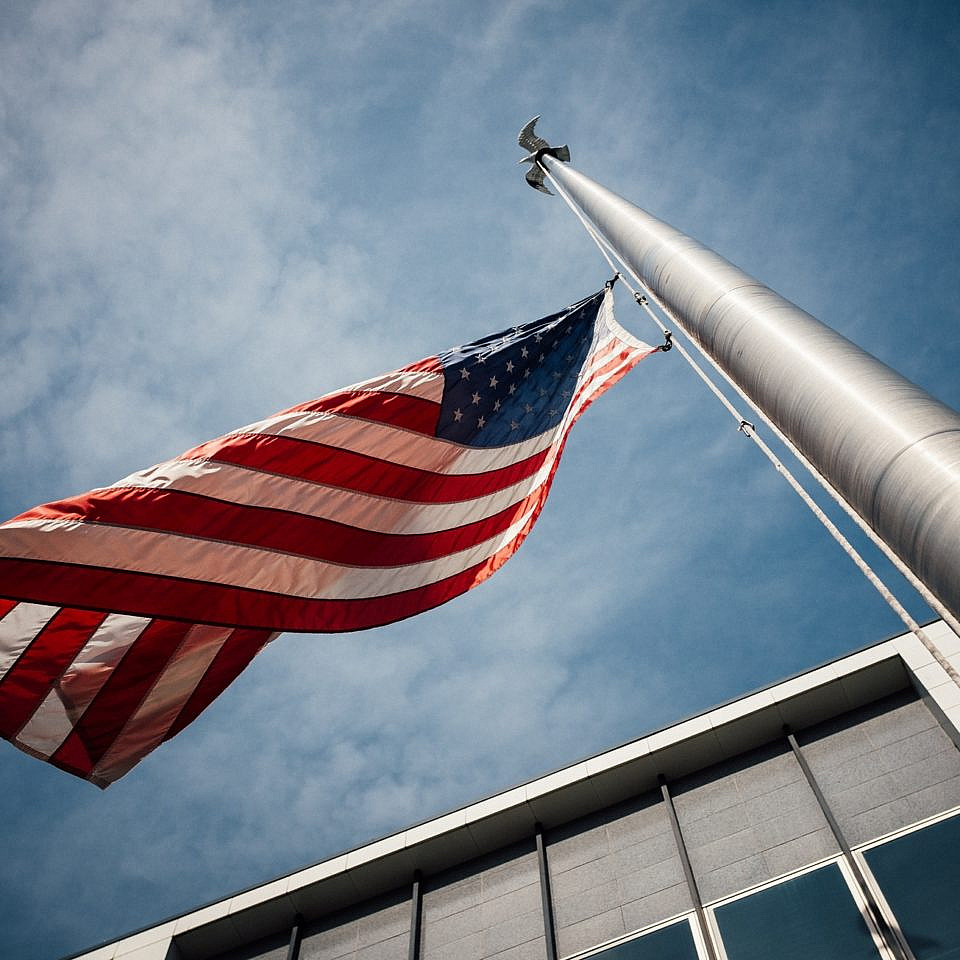
The Federation of American Scientists is advancing production, use, and uptake of scientific evidence to improve policy outcomes across critical societal challenges. A New Evidence Era for Federal Government Evidence-based policy is the process of using high-quality information [evidence] to inform government decisions [policy]. 2018’s Foundations for Evidence-Based Policymaking Act (Evidence Act) launched a new era in […]


